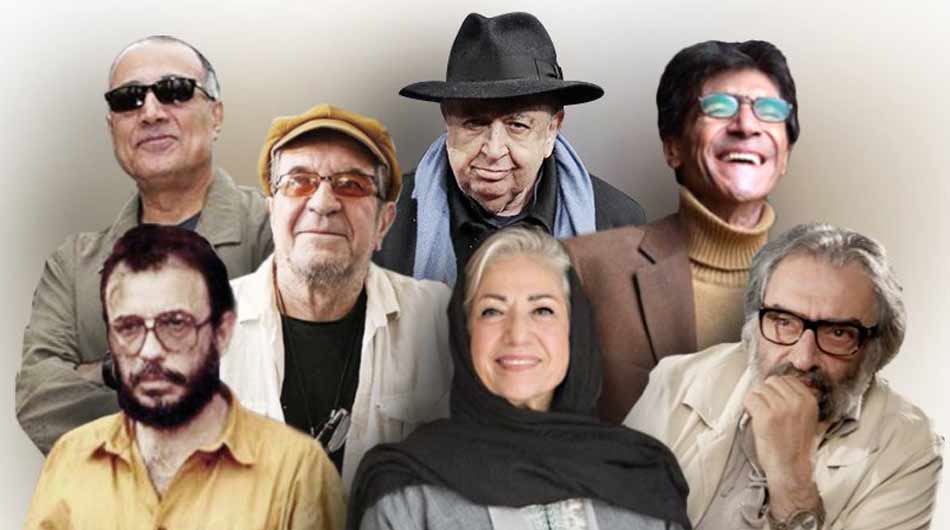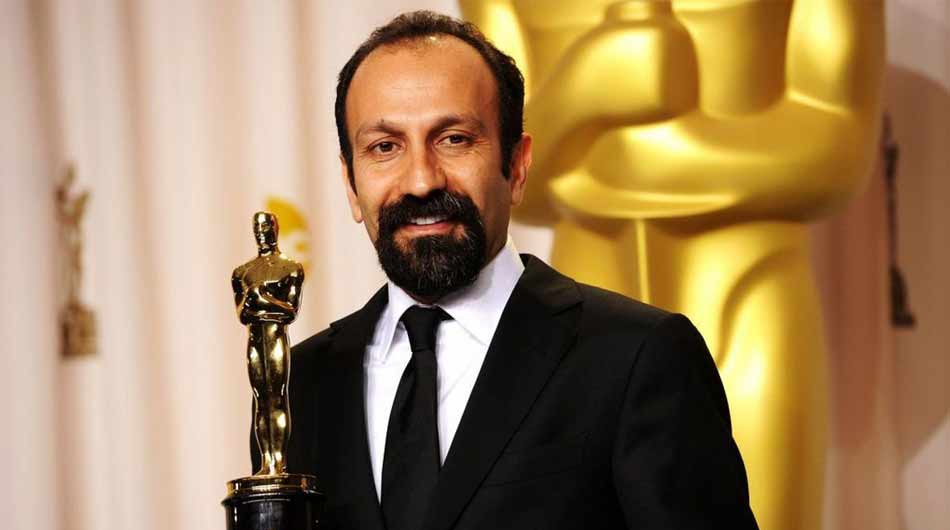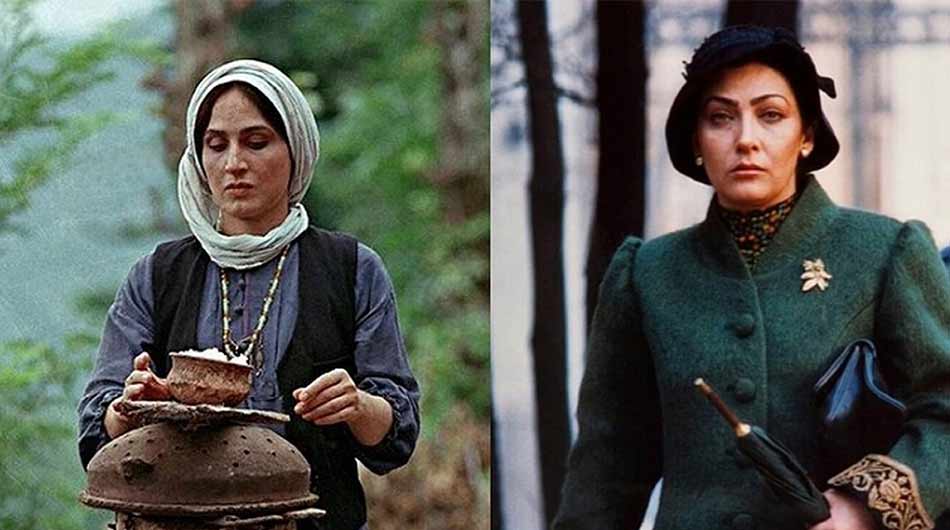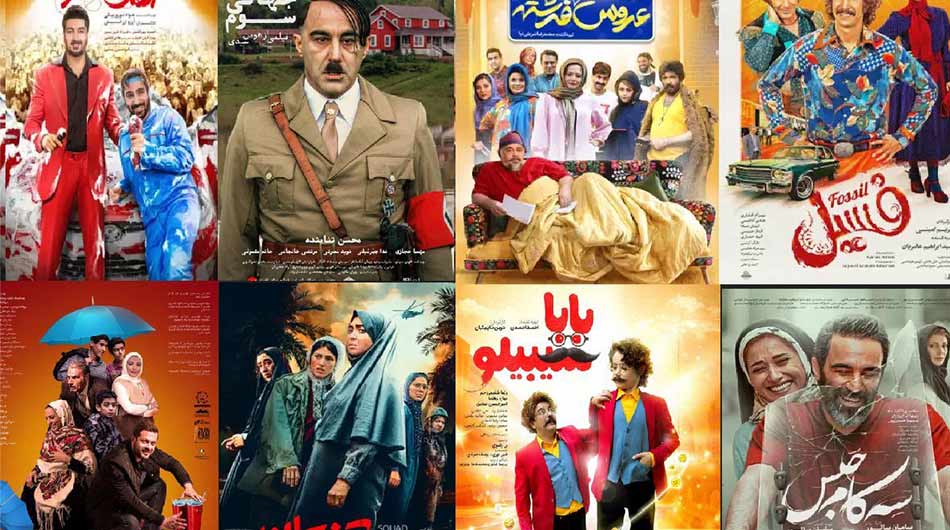Iranian Cinema: Key Films and Directors
Iranian cinema has emerged as one of the most influential and celebrated film industries globally. Known for its artistic storytelling, philosophical depth, and unique visual style, it has gained international recognition over the last few decades. This article explores key films and directors that have shaped Iranian cinema into the cultural powerhouse it is today.
The Evolution of Iranian Cinema
Iranian cinema dates back to the early 20th century, with the first Persian silent film, Abi and Rabi, released in 1930. However, it wasn’t until the 1960s that Iranian cinema began to gain momentum with the rise of the Iranian New Wave. Influenced by Italian Neorealism and French New Wave, this movement introduced socially conscious storytelling that focused on the struggles of ordinary people.
The 1979 Iranian Revolution and the establishment of the Islamic Republic dramatically transformed the cultural landscape. Despite heavy censorship and restrictions, filmmakers found innovative ways to explore deep themes while complying with the new codes. These constraints led to the birth of a distinct cinematic language that prioritized symbolic storytelling, poetic imagery, and humanistic themes.
 Key Directors and Their Films
Key Directors and Their Films
- Abbas Kiarostami: The Pioneer of Iranian Cinema
Perhaps the most internationally recognized Iranian filmmaker, Abbas Kiarostami is celebrated for his minimalist style and philosophical approach to storytelling. His films often blur the lines between fiction and reality, focusing on the human condition and everyday life.
One of his most renowned works is Close-Up (1990), a meta-cinematic documentary that tells the real-life story of a man who impersonates a famous filmmaker. The blend of documentary and fiction in Close-Up challenges the viewer’s perception of truth, making it a seminal work in world cinema.
Kiarostami’s Taste of Cherry (1997), which won the Palme d’Or at Cannes, delves into the theme of existentialism. The film follows a man contemplating suicide as he searches for someone willing to bury him after his death. With its open-ended narrative and contemplative pace, Taste of Cherry exemplifies Kiarostami’s ability to provoke profound philosophical reflection.
- Asghar Farhadi: The Master of Moral Dilemmas
Asghar Farhadi is one of Iran’s most celebrated contemporary directors. His films are known for their intricate plots, moral ambiguity, and powerful character-driven narratives. Farhadi often explores ethical dilemmas within the framework of family and societal dynamics.
About Elly (2009) was Farhadi’s breakthrough film, bringing him international attention. The story revolves around a group of friends whose vacation takes a tragic turn when one of them disappears, unraveling secrets and testing relationships. The film is a perfect example of Farhadi’s signature style, where tension is built through dialogue and subtle shifts in relationships.
Farhadi cemented his reputation with A Separation (2011), which won the Academy Award for Best Foreign Language Film. The film deals with themes of class, religion, and justice, portraying a couple’s marital breakdown and the complex web of consequences that follow. The layered storytelling and moral complexity make A Separation a landmark in modern cinema.
- Jafar Panahi: The Voice of Resistance
Jafar Panahi is a director known for his bold and politically charged films that often critique the Iranian government. Despite facing imprisonment and a filmmaking ban, Panahi has continued to make films under severe restrictions.
One of his most acclaimed works is The White Balloon (1995), which won the Camera d’Or at Cannes. The film tells the simple yet poignant story of a young girl trying to buy a goldfish for New Year’s, capturing the innocence and resilience of children against a backdrop of societal constraints.
Panahi’s Taxi (2015) is another remarkable film, made while he was under house arrest. Shot entirely in a car, with Panahi himself driving around Tehran, the film offers a satirical yet heartfelt look at contemporary Iranian society. Despite the restrictions, Panahi’s work remains a testament to the power of cinema as a tool for resistance.
- Majid Majidi: The Poet of Humanism
Majid Majidi’s films are known for their humanistic approach and focus on the lives of children and the underprivileged. His work is characterized by its simplicity, warmth, and universal themes of love, hope, and resilience.
Children of Heaven (1997) is one of Majidi’s most beloved films. The story of a brother and sister who share a pair of shoes might seem simple, but it is a deeply moving tale that resonates with viewers worldwide. The film was the first Iranian movie to be nominated for an Academy Award, solidifying Majidi’s place in international cinema.
Majidi’s The Color of Paradise (1999) further explores themes of innocence, loss, and the power of faith. Through the eyes of a blind child, the film offers a poignant meditation on the human spirit’s ability to find beauty in adversity.
The Legacy of Iranian Cinema
Iranian cinema continues to thrive despite political and social challenges. The filmmakers mentioned above, along with many others, have made Iranian cinema a force to be reckoned with on the global stage. Their unique blend of storytelling, philosophy, and visual poetry has carved out a distinctive niche that continues to inspire filmmakers and audiences around the world.
Tags:Adventure holidays, Best time to travel to iran, best tour operator iran, Cultural sites of Iran, Culture of Iranian People, Economy of Travel, Holiday in Iran, Iran, Iran Architectural, iran attractions, Iran country, Iran cultural, iran destinations, Iran enriching experience, Iran sightseeing tours, iran Solo trip, iran tour, Iran tour packages, iran tourist attractions, Iran travel agency, iran travel expenses, Iran Travel Guide, Iran Travel Tips, Iranian cinema, Iranian culture, Iranian Directors, Iranian Hospitality, Iranian mosques, must-visit Iran, persia tour, Surfing In Iran, top tourist destinations, travel to iran, Traveling to Iran, travelling to iran, trip to iran, vacation packages, visit iran, درناگشت


 Key Directors and Their Films
Key Directors and Their Films

DMCA ve internet SEO çalışmaları sayesinde Google’da daha görünür hale geldik. https://www.royalelektrik.com/aksemseddin-mahallesi-elektrikci/
SEO raporlama SEO optimizasyonu, dijital pazarlama hedeflerimize ulaşmamıza yardımcı oldu. https://www.royalelektrik.com/sisli-mecidiyekoy-elektrikci/
DMCA danışmanlığı SEO optimizasyonu, web sitemizin performansını inanılmaz derecede artırdı. https://www.royalelektrik.com/akfirat-elektrikci/
DMCA içerik kaldırma talebi Google SEO sayesinde müşteri tabanımızı genişlettik. https://www.royalelektrik.com/piri-reis-mahallesi-elektrikci/
DMCA avukatı SEO sayesinde Google’da rakiplerimizi geride bıraktık. https://www.royalelektrik.com/emek-mahallesi-elektrikci/
DMCA kaldırma talebi Google SEO, işimizi büyütmek için harika bir araç. https://www.royalelektrik.com/ayvansaray-elektrikci/
Mygreat learning I just like the helpful information you provide in your articles
Internet Chicks Hi there to all, for the reason that I am genuinely keen of reading this website’s post to be updated on a regular basis. It carries pleasant stuff.
Thanks I have recently been looking for info about this subject for a while and yours is the greatest I have discovered so far However what in regards to the bottom line Are you certain in regards to the supply
Hello my loved one I want to say that this post is amazing great written and include almost all significant infos I would like to look extra posts like this
Fantastic site A lot of helpful info here Im sending it to some buddies ans additionally sharing in delicious And naturally thanks on your sweat
Windows 10 Pro indirimli lisans
Techarp naturally like your web site however you need to take a look at the spelling on several of your posts. A number of them are rife with spelling problems and I find it very bothersome to tell the truth on the other hand I will surely come again again.
you are truly a just right webmaster The site loading speed is incredible It kind of feels that youre doing any distinctive trick In addition The contents are masterwork you have done a great activity in this matter
Simply Sseven very informative articles or reviews at this time.
Hello Neat post Theres an issue together with your site in internet explorer would check this IE still is the marketplace chief and a large element of other folks will leave out your magnificent writing due to this problem
Wow amazing blog layout How long have you been blogging for you made blogging look easy The overall look of your web site is magnificent as well as the content
Thanks I have recently been looking for info about this subject for a while and yours is the greatest I have discovered so far However what in regards to the bottom line Are you certain in regards to the supply
أنابيب HDPE الجيوثرمية في العراق يعد مصنع إيليت بايب في العراق من الطليعة في تقديم أنابيب HDPE الجيوثرمية المتقدمة، المصممة خصيصاً لأنظمة الطاقة الجيوثرمية الفعالة والمستدامة. تم تصنيع أنابيب HDPE الجيوثرمية لدينا لتقديم مقاومة ممتازة للحرارة، ومرونة، وطول عمر، مما يجعلها مثالية لأنظمة مضخات الحرارة الأرضية وغيرها من التطبيقات الجيوثرمية. مع التزامنا بالجودة والابتكار، تبرز شركة إيليت بايب كواحدة من الشركات الرائدة والأكثر موثوقية في العراق. نضمن أن أنابيب HDPE الجيوثرمية لدينا تفي بأعلى معايير الصناعة، مقدمة أداءً ممتازاً ومتانة. اكتشف المزيد عن حلولنا الجيوثرمية بزيارة elitepipeiraq.com.
you are in reality a just right webmaster The site loading velocity is incredible It seems that you are doing any unique trick In addition The contents are masterwork you have performed a wonderful task on this topic
SocialMediaGirls I just like the helpful information you provide in your articles
Mating Press I appreciate you sharing this blog post. Thanks Again. Cool.
Blue Techker This is my first time pay a quick visit at here and i am really happy to read everthing at one place
Mangaclash Awesome! Its genuinely remarkable post, I have got much clear idea regarding from this post . Mangaclash
FinTechZoomUs For the reason that the admin of this site is working, no uncertainty very quickly it will be renowned, due to its quality contents.
gluco6 reviews : https://gluco6reviews.usaloves.com/
gluco6 reviews : https://gluco6reviews.usaloves.com/
gluco6 reviews : https://gluco6reviews.usaloves.com/
gluco6 reviews : https://gluco6reviews.usaloves.com/
gluco6 reviews : https://gluco6reviews.usaloves.com/
gluco6 reviews : https://gluco6reviews.usaloves.com/
gluco6 reviews : https://gluco6reviews.usaloves.com/
gluco6 reviews : https://gluco6reviews.usaloves.com/
gluco6 reviews : https://gluco6reviews.usaloves.com/
gluco6 reviews : https://gluco6reviews.usaloves.com/
gluco6 reviews : https://gluco6reviews.usaloves.com/
gluco6 reviews : https://gluco6reviews.usaloves.com/
gluco6 reviews : https://gluco6reviews.usaloves.com/
gluco6 reviews : https://gluco6reviews.usaloves.com/
gluco6 reviews : https://gluco6reviews.usaloves.com/
gluco6 reviews : https://gluco6reviews.usaloves.com/
gluco6 reviews : https://gluco6reviews.usaloves.com/
venoplus 8 scam: venoplus 8 scam
arctic blast scam: arctic blast scam
appanail scam: appanail scam
Gluco6 scam: Gluco6 scam
Mitolyn scam: Mitolyn scam
Mitolyn scam: Mitolyn scam
Quietum Plus scam: Quietum Plus scam
Профессиональный сервисный центр по ремонту бытовой техники с выездом на дом.
Мы предлагаем:ремонт бытовой техники в мск
Наши мастера оперативно устранят неисправности вашего устройства в сервисе или с выездом на дом!
Is Cacao Bliss a scam or is it a legitimate product?: Cacao Bliss scam
Is MitoThrive a scam, or is it legitimate?: mitothrive scam
is DentiCore a scam, or is it a legitimate product that could help improve your oral health?: DentiCore scam
Is NeuroPrime a Scam or Legit?: NeuroPrime scam
Is SonoVive a scam or a legitimate supplement?: sonovive scam
is DentiCore a scam, or is it a legitimate product that could help improve your oral health?: DentiCore scam
Is CARBOFIRE a scam, or is it a legitimate product?: carbofire scam
Is NeuroPrime a Scam or Legit?: NeuroPrime scam
is DentiCore a scam, or is it a legitimate product that could help improve your oral health?: DentiCore scam
is DentiCore a scam, or is it a legitimate product that could help improve your oral health?: DentiCore scam
Is ProvaDent a Scam or Legit?: provadent scam
Is Pineal Pure a scam or is it legitimate?: pineal pure scam
Is Pineal Pure a scam or is it legitimate?: pineal pure scam
Bandar Togel recommend trying out Aniwave
Contact Me here – I feel like you explained exactly what I’ve been thinking.
**boostaro official**
Boostaro is a purpose-built wellness formula created for men who want to strengthen vitality, confidence, and everyday performance.